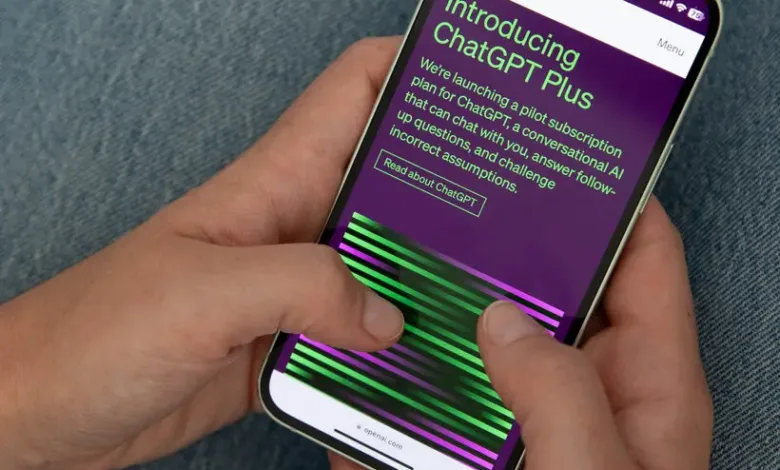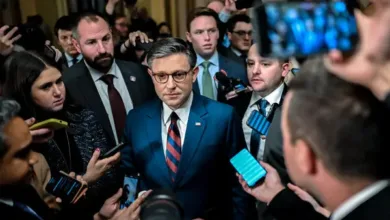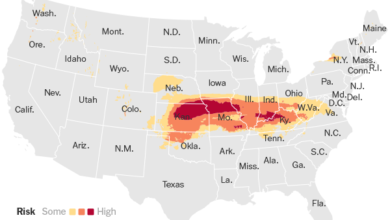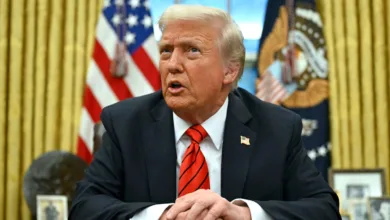Breaking AI Copyright Legal Updates: Transforming Creative Rights 2024

AI Copyright Legal Updates: Redefining Innovation and Ownership
In recent years, the intersection of artificial intelligence (AI) and copyright law has become one of the most debated topics in technology and legal circles. As AI systems like ChatGPT, DALL·E, and others continue to evolve, questions about intellectual property rights, ownership, and ethical use of AI-generated content are pushing the boundaries of existing legal frameworks. This blog explores the latest AI copyright legal updates, their implications for creators and tech companies, and how these developments are shaping the future of intellectual property.
The Rise of AI in Creative Industries
AI-powered tools are revolutionizing creative industries, enabling rapid content creation in fields such as writing, music, and visual arts. Platforms that use generative AI can produce artwork, articles, and music tracks in a fraction of the time it would take a human creator. However, this rapid progress comes with legal complexities.
AI systems are trained on massive datasets, often including copyrighted works. This practice has sparked significant controversy, with many creators and organizations claiming their intellectual property is being used without permission or compensation.

Key Legal Challenges
- Ownership of AI-Generated Content
- One of the biggest challenges is determining who owns the rights to content created by AI.
- Under current copyright law, ownership generally requires human authorship, leaving AI-generated works in a legal grey area.
- Fair Use Doctrine
- Companies developing AI models often claim fair use when using copyrighted material for training purposes.
- Courts are now grappling with whether such usage qualifies under fair use or constitutes copyright infringement.
- Unauthorized Use of Data
- Creators and publishers are raising concerns about AI models being trained on their copyrighted content without consent.
- Recent lawsuits have targeted tech giants for allegedly bypassing proper licensing protocols.
Table of Contents
Notable Cases in AI Copyright Law
- New York Times vs. AI Developers
- The New York Times recently filed a lawsuit against OpenAI and Microsoft, alleging unauthorized use of its articles to train generative AI models.
- The case has become a benchmark for how courts might handle large-scale data usage in AI training.
- Authors vs. AI Companies
- Prominent authors, including John Grisham and George R.R. Martin, filed lawsuits claiming that their books were used without permission to train AI tools.
- These lawsuits highlight the growing tension between AI developers and content creators.
- International Cases
- In Europe, several media organizations have taken legal action against tech companies for similar copyright violations, demonstrating that this is a global issue.
Implications for Creators and Businesses
- For Creators
- Creators face challenges in protecting their work from unauthorized use.
- However, the growing legal scrutiny around AI copyright could lead to stronger protections and new licensing models.
- For Businesses
- Tech companies must navigate the complexities of copyright law while developing AI tools.
- Compliance with emerging legal standards will be crucial to avoid costly lawsuits and reputational damage.
Future of AI and Copyright
The recent AI copyright legal updates suggest that new regulations and guidelines are inevitable. Governments and industry leaders are exploring solutions, including:
- Developing AI-Specific Copyright Laws: Establishing clear rules for AI-generated content and training datasets.
- Implementing Licensing Agreements: Encouraging partnerships between AI companies and content creators to fairly compensate the use of copyrighted material.
- Global Collaboration: International organizations are working to create consistent standards across borders.
These efforts aim to strike a balance between fostering innovation and protecting intellectual property rights.
New Approaches to AI Copyright Legal Updates
As the debate intensifies, innovative approaches to address copyright concerns are emerging. Governments and tech companies are exploring new frameworks to regulate AI-generated content and safeguard creator rights. These updates are reshaping the digital landscape, ensuring fair practices while encouraging responsible AI innovation.




